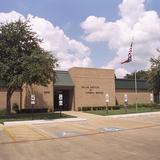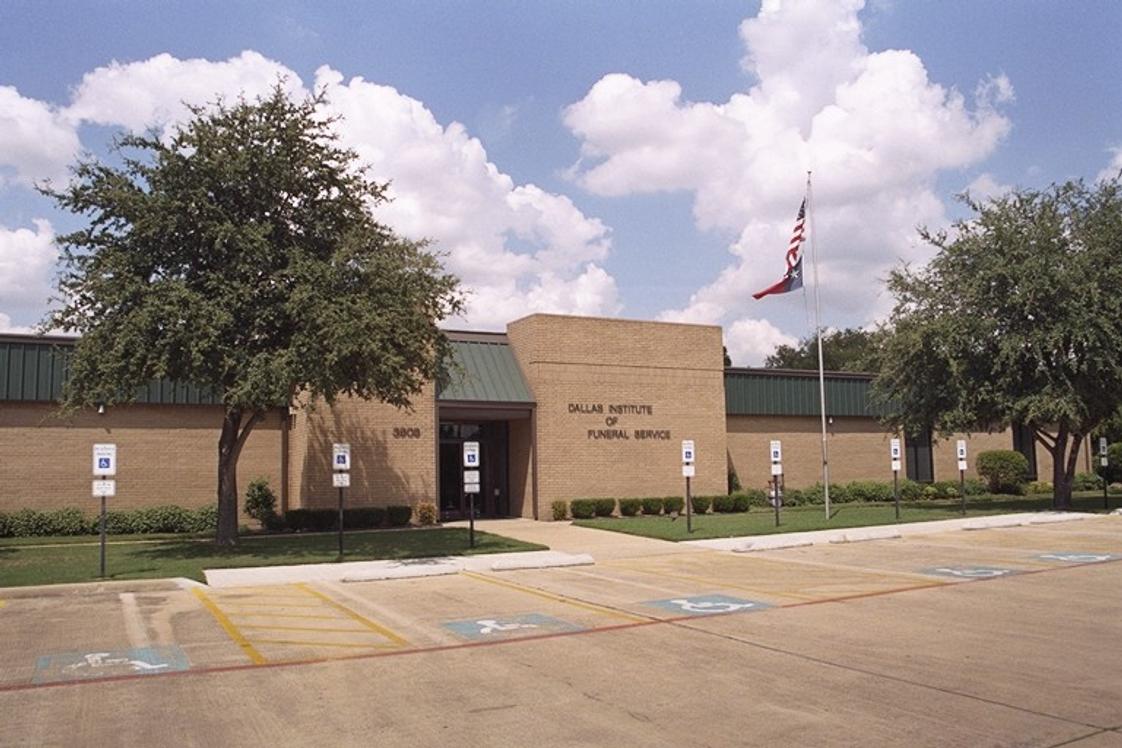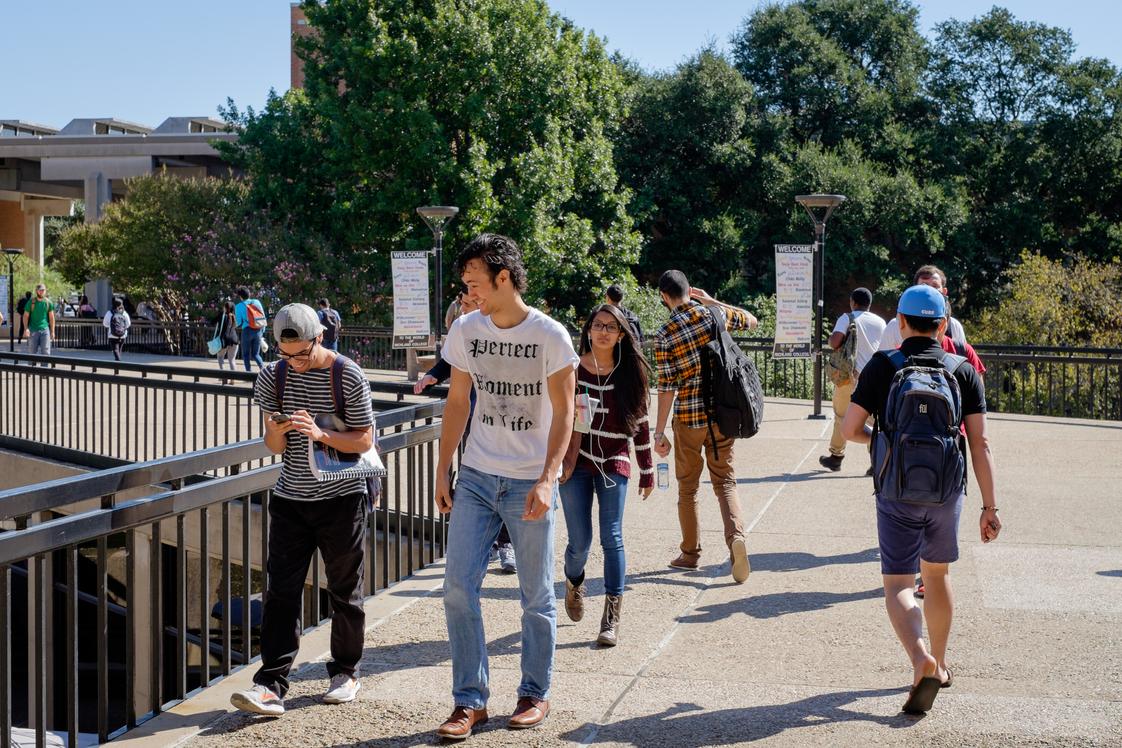For the 2025 school year, there are 13 community colleges serving 137,002 students in Dallas, Texas.
The top ranked community colleges in Dallas, TX include Dallas College, KD Conservatory College of Film and Dramatic Arts and Mountain View College.
Top Ranked Dallas, TX Community Colleges (2025)
College
Location
Students
KD Conservatory College of Film and Dramatic Arts
Private for-profit
2600 Stemmons Fwy Ste 117
Dallas, TX 75207
(214) 638-0484
Dallas, TX 75207
(214) 638-0484
| 148 students
The College of Health Care Professions-Dallas
Private for-profit
8585 N. STEMMONS FREEWAY, SUITE 300, NORTH TOWER
Dallas, TX 75247
(214) 420-3400
Dallas, TX 75247
(214) 420-3400
| 506 students
Concorde Career College-Dallas
Private for-profit
12606 Greenville Ave Ste 130
Dallas, TX 75243
(469) 221-3400
Dallas, TX 75243
(469) 221-3400
| 650 students
Dallas Institute of Funeral Service![Dallas Institute of Funeral Service Photo - Lovely Campus Dallas Institute of Funeral Service Photo - Lovely Campus]()

Private not-for-profit
3909 S Buckner Blvd
Dallas, TX 75227
(214) 388-5466
Dallas, TX 75227
(214) 388-5466
| 959 students
Le Cordon Bleu College of Culinary Arts-Dallas
Private, for profit
11830 Webb Chapel Road
Dallas, TX 75234
(214) 647-8500
Dallas, TX 75234
(214) 647-8500
| 909 students
MediaTech Institute-Dallas
Private for-profit
13300 Branch View Lane
Dallas, TX 75234
(972) 869-1122
Dallas, TX 75234
(972) 869-1122
| 194 students
Miami International University of Art & Design-Art Institute Dallas
Private for-profit
8080 Park Lane, Suite 100
Dallas, TX 75231
(214) 692-8080
Dallas, TX 75231
(214) 692-8080
| 331 students
Peloton College
Private for-profit
8150 North Central Expressway M2240
Dallas, TX 75206
(214) 777-6433
Dallas, TX 75206
(214) 777-6433
| 79 students
Remington College-Dallas Campus
Private not-for-profit
9451 LYNDON B JOHNSON FWY
Dallas, TX 75243
(972) 686-7878
Dallas, TX 75243
(972) 686-7878
| 446 students
Wade College
Private for-profit
1950 N. Stemmons Freeway, Suite 4080 Dallas INFOMART
Dallas, TX 75207
(214) 637-3530
Dallas, TX 75207
(214) 637-3530
| 248 students
Community Colleges in Dallas, TX (Closed)
School
Location
Students
Sanford-Brown College-Dallas (Closed 2024)
Private, for profit
1250 Mockingbird Lane, Suite 150
Dallas, TX 75247
(214) 459-8490
Dallas, TX 75247
(214) 459-8490
| 490 students
Frequently Asked Questions
How many community colleges are located in Dallas, TX?
There are 13 community colleges serving 137,002 students in Dallas, TX.
How diverse are community college in Dallas, TX?
Community colleges in Dallas, TX have approximately 100% minority enrollment, with the majority being .
Recent Articles

Obtaining Your Bachelor's Degree at a Community College
Explore the evolving landscape of community colleges offering bachelor's degrees, addressing affordability, accessibility, and workforce needs.

A to Z of Community College Certificates and Courses
From business and healthcare to technology and skilled trades, the article showcases the breadth of options available to students seeking to enhance their knowledge, develop new skills, or pursue career advancement.

What is a Community College?
This comprehensive guide explains what a community college is, its history, and its role in higher education. It covers the types of programs offered, differences from four-year colleges, benefits of attending, and important considerations for prospective students, providing valuable insights for those exploring educational options.










